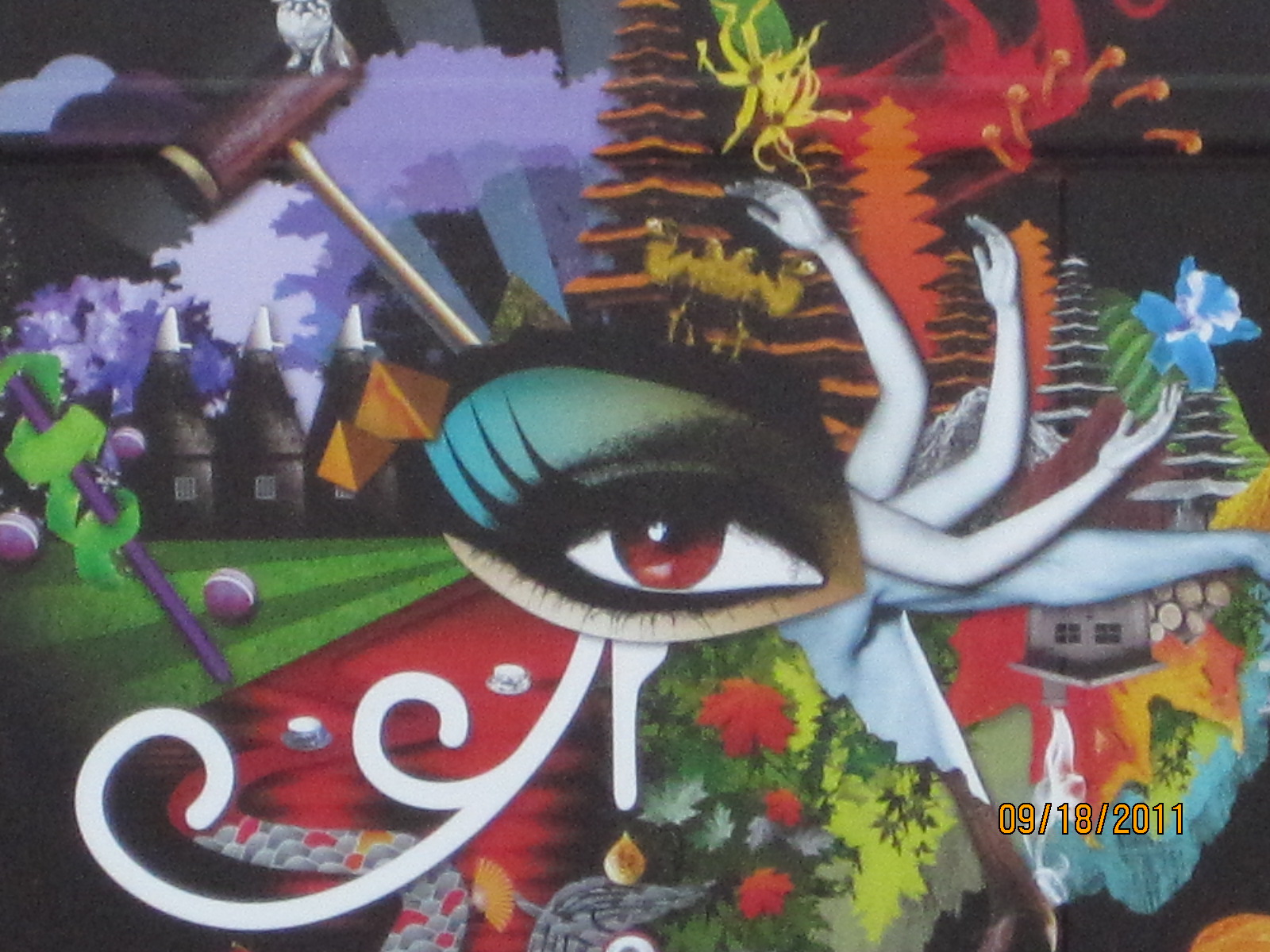Weighing heavily upon the minds of elderly Japanese are memories of that infamous day when the atom bomb was dropped on their country, in the hopes of bringing an end to World War II. Success in achieving that goal, brought agony beyond words for countless Japanese.
Today’s Wall Street Journal article “Hiroshima‘s Legacy Heightens Fears” by Mariko Sanchanta makes the case for one who has now known the unbelievable devastation of his country, not once but twice.
Mikiso Iwasa was 16 years old when the atomic bomb struck Hiroshima on Aug. 6, 1945. He was in the backyard of his house, a little less than a mile away from ground zero. He was smashed onto the ground by the force of the bomb.
Mr. Iwasa escaped, but the effects of radiation caught up with him later. He suffered from skin cancer twice as well as prostate cancer. He lost his hair. His nose and gums bled. He developed rashes all over his body.
For the only country ever to have experienced the atomic bomb and the horrific effects of concentrated radiation exposure, the nuclear crisis escalating in Japan has had a crippling effect on the nation’s collective psyche.
Panic and confusion swept through Japan on Tuesday after a fresh explosion at one reactor and a fire at another at a damaged plant in Fukushima.
In Tokyo, 150 miles away, people lined up waiting for bullet train tickets to Osaka, Kyoto, Kyushu–anywhere to get as far away as possible from the northeastern coast of Japan.
The crisis comes on the heels of last year’s 65th anniversary of the atomic bombing of Hiroshima, in which the U.S.–in a poignant move–for the first time sent a representative to attend the annual memorial.
In a country famed for stoicism, there is a quiet, mounting sense of anger toward Tokyo Electric Power Co., which operates the nuclear-power plant. Mr. Iwasa, now 82 years old, accuses the government of playing down the risks. “They’re saying there was a leakage, but that it won’t affect the human body. They’re just fooling us.”
Even for a generation that didn’t experience World War II–two-thirds of the country’s people were born after 1945–Tuesday’s events were enough to send young people scurrying for cover. Reina Kudo, 19, a college student in Tokyo, said her parents have been imploring her to come home to Kansai. “Now I really want to go home,” said Ms. Kudo, at bustling Tokyo station
Japan’s confidence had already been on a decline during a decade of economic malaise. More recent blows have exacerbated this sense of despair: China this year eclipsed Japan as the world’s second-biggest economy; political infighting has resulted in five prime ministers in as many years; a record proportion of college graduates can’t find full-time jobs.
The devastation from the earthquake and the tsunami, and rising nuclear fears are now deepening the gloom as businesses close plants, foreign nationals leave and rescue efforts have only just begun in earnest.
Despite the latest setbacks, some say the Japanese will persevere, as always. This catastrophe is “showing the resilience of the Japanese people,” says Jon Tanaka, a real-estate investor in Japan. “This is not so palpable to the outside world until you see it.”
I cannot imagine another people, except maybe the Israelis, more resigned to their fate and yet never relinquishing the hope that they will overcome. The only part of the Japanese culturethat gives me pause is their code of honor. In the days of the Samurai, dying to “save face” was a given. I hope the traditional practice of “hara kiri” is left to the history books, and the movies, and tales handed down from one generation to the next. Except for that ancient commitment to suicide “if all else fails,” I feel a kinship with the Japanese in many ways.
hoping the “other shoe doesn’t drop”…hugmamma.
(note: for results from a Japanese study about the practice of hara-kiri in contemporary society, visit http://www.nci.nlm.nih.gov/pubmed/20427155. )



